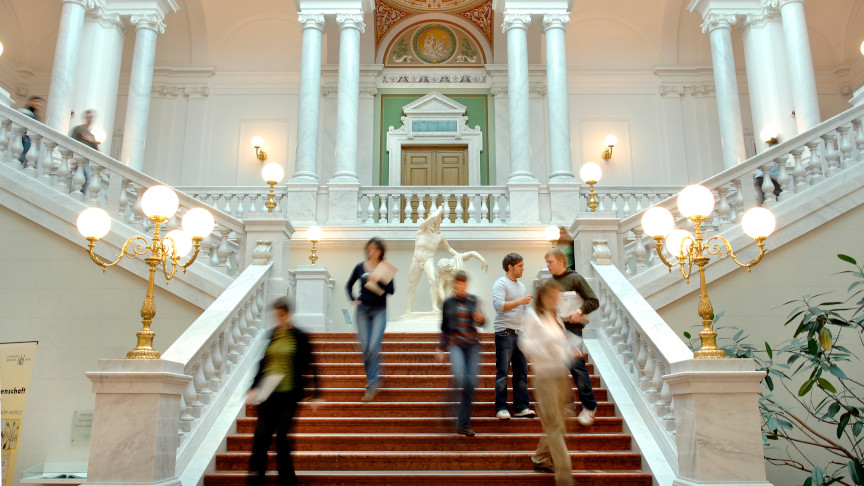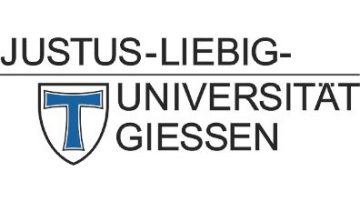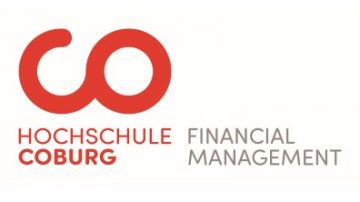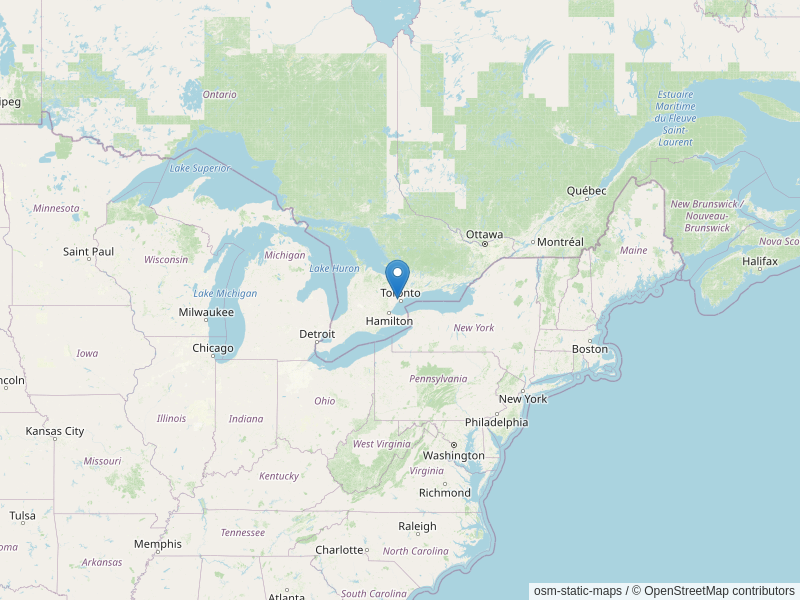Germany’s Research and University Landscape

Research in Germany takes place in a number of settings. These include universities, non-university institutes, companies and institutions run by federal or state (“Länder”) authorities. Overall, there are approximately 1000 publicly funded research institutions in Germany; in addition there are also numerous research and development centres run by private firms. Learn more about the different types of research organisations by visiting the Research in Germany web portal.
The German higher education system is characterized by a close link between learning, teaching and research. Germany is home to approx. 400 higher education institutions which offer the entire range of academic disciplines. This total includes 110 universities (Universitäten) and over 230 universities of applied sciences (Fachhochschulen/Hochschulen für angewandte Wissenschaften). The latter offer students a practice-oriented academic education with an emphasis on applied research.
Germany is one of the world’s most attractive research and higher education nations. Nearly 320,000 international students are enrolled at German higher education institutions. Currently, almost 26,000 international doctoral students are enrolled at German universities and over 38,000 international academics work in German higher education institutions.
- The Research Map produced by the German Rectors’ Conference (HRK) presents key research priorities of German universities and the universities of applied sciences. This database is available in English and German.
- The GERIT database contains entries on more than 23,000 institutes at German universities and non-university research institutions, and is searchable by geographic location, subject area and other structural criteria.
- The Higher Education Compass offered by the German Rectors’ Conference (HRK) contains entries for over 20,000 international research partnerships involving German higher education institutions and is updated on an ongoing basis. It contains the cooperating institutions, subject areas and the content of collaborations as well as contact details.
The academic year in Germany runs from mid-October to mid-July, with a break from mid-February to mid-April. Most degree programs start with the “Wintersemester” in October, but in many programs students can also take up studies in April with the start of the “Sommersemester”. Study abroad terms are possible in both semesters. For research stays, consider that scholars may be absent and library may have limited opening hours during the summer break (mid-July to beginning of October).
Some higher education institutions in Germany follow the North American academic year, with courses starting in September and the Spring term ending in May.
DAAD and other funding organizations in Germany provide funding for study abroad and research stays in Canada for German scholars and students. For most of these programs, interested candidates have to apply individually to DAAD’s Bonn office. Programs on offer include lecture series grant (for a series of talks or lectures), short-term lectureships (to teach at a Canadian host institution) and research grants for PhD students or postdocs. More information on the funding opportunities that are available can be found at the DAAD scholarship database (in German).
You can also host German undergraduate students in science and engineering through the RISE-Globalink-Program offered by DAAD in cooperation with Mitacs.
A wide selection of funding programs to conduct research in Germany is available for international academics and researchers, whether you are an undergraduate, graduate, or doctoral student, postdoc or a senior scientist. Find out more about DAAD programs for doctoral candidates and Postdocs, and about DAAD programs for faculty. For information on funding opportunities offered by other funding organizations and research institutions, visit the Research in Germany web portal.
To foster collaboration in existing partnerships or to support new research projects with Canadian partners, Germany offers a variety of funding measures for institutional cooperation. In these programs, the German university has to apply for funding. In some cases, a formal cooperation agreement between the partner universities is needed before an application can be submitted.
Click here to find out more about these funding opportunities.




